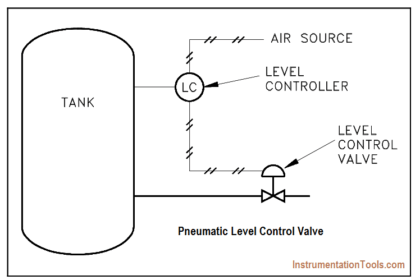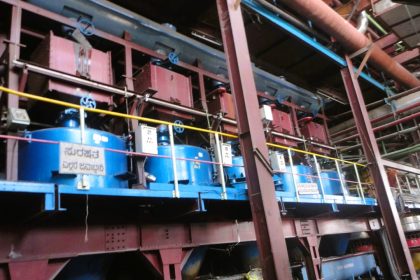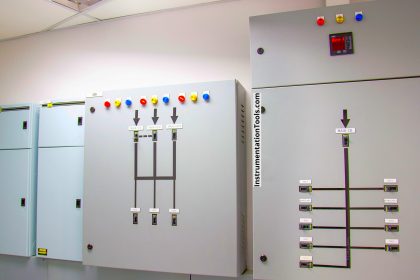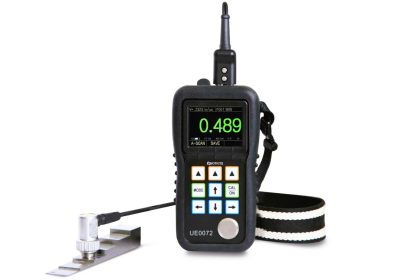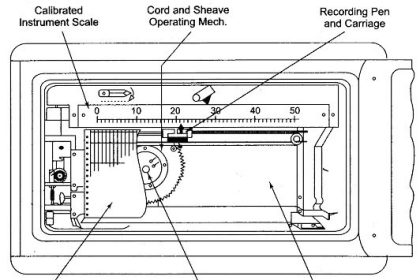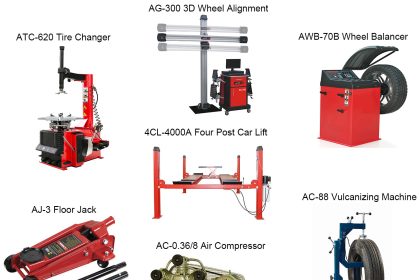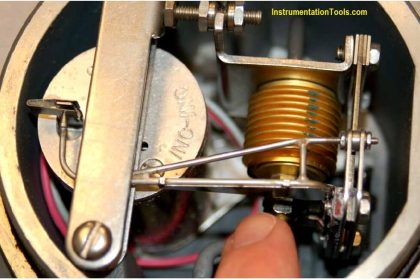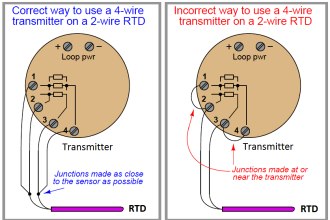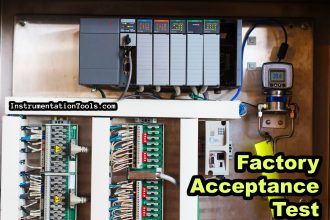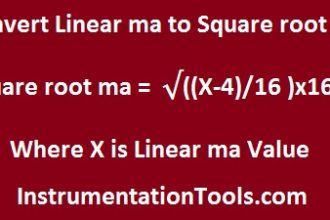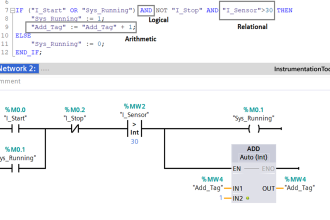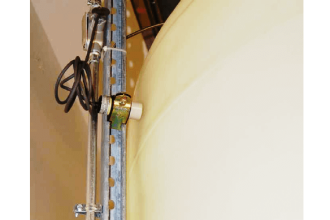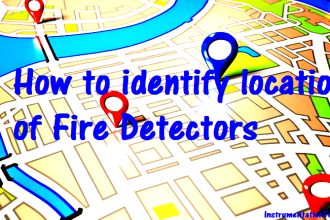IoT is the future of industrial automation. It comes under the Industry 4.0 category. The thing that has made IoT most wanted in industries is the ability to connect to cloud servers and control the plant from any location in the world.
IoT is a combination of networking, IT skills, and industrial automation. So basically, it demands a high level of knowledge for working in it.
Engineers who apply for roles in IoT often get confused as to what roles to apply for. This is because most of them sound similar; but in reality, they have significant differences. So, it is necessary to understand different types of job roles in IoT. In this post, we will see the various types of job roles in IoT.
Internet of Things
IoT stands for Internet of Things. In industrial IoT, it is the ability of the system to connect instruments and other automation devices to cloud servers and share data with them using the internet. This is possible due to cloud computing, big data analytics, mobile technologies, strong network connectivity, machine learning, and AI tools.
Due to this, we can get data from and to any end of the world. Industries can achieve new automation levels through this and connect it to other models like ERP and MES easily. Because data is the new shark of industries, such seamless data transfer with huge capacity makes businesses smarter and more efficient to work.

Various Types of Jobs in IoT
- IoT Solutions Architect
- IoT Software Developer
- IoT Hardware Developer
- IoT Systems Engineer
- IoT Security Specialist
- IoT Data Scientist
- IoT Network Specialist
- IoT Product Manager
- IoT Project Manager
- IoT Business Analyst
- IoT User Experience (UX) Designer
- IoT Quality Assurance Engineer
- IoT Sales Engineer
- IoT Marketing Specialist
- IoT Customer Support Specialist
IoT Engineer Job Profile
- IoT Engineer develop and manage IIoT systems, ensuring seamless integration and functionality.
- IoT Engineer design and oversee the installation of IIoT devices and networks in industrial settings.
- They ensure system compatibility and efficiency in data collection and processing.
- IoT Engineers monitor and maintain the performance of IIoT systems.
- IoT Engineers implement security measures to protect IIoT networks and data.
- IoT Engineer analyze data from IIoT devices to improve operational efficiency.
- IoT Engineers provide technical support and troubleshooting for IIoT systems.
- IoT Engineers collaborate with cross-functional teams to align IIoT solutions with business goals.
IoT Developer
IoT developer is one of the most sought jobs in the market. In IoT, this is also one of the most found jobs. The job of the developer is to develop platforms, software, hardware, and systems that allow the various industrial devices to work in an IoT environment.
They develop devices with IoT communication enabled in them. These allow them to communicate easily with the outside world. For this, they need to know various software languages that can allow them to write scripts and complex software objects.
If you summarize this quickly, then these are the main technology creators for a particular IoT device. Without them, the base will only not function and communication will not happen. They need to design, code, and test products based on it. So, they are termed as the engineers of IoT as they develop the core platform.
IoT Embedded System Engineer
An IoT developer is proficient in software languages. But every software cannot function properly without hardware. In electronics, this is termed an embedded system.
So, special IoT Embedded system engineers are hired to work simultaneously with developers. They work on chip-level programming for supporting the software technologies.
Without proper chip technology, software cannot run. They work on low-level peripheral driver development which can support various types of microcontrollers. Once developed, they have to validate the assembled boards so that the software is running properly and supporting various types of communication in it like wireless, Bluetooth, cellular, RFID, etc.
IoT Infrastructure Architect
Once all the programming has been done, the next job comes to combine all the elements and form a system architecture for communication. This job is done by an IoT Infrastructure architect.
As the name implies, this job caters to designing the overall system and linking all the components together. This role requires a strong knowledge of both the networking and IT skills.
If the final linking is not proper, then communication will not happen properly between devices. In short, he plans a detailed view of the project and creates an overall technical vision of the solution.
IoT Solutions Engineer
Once the system has been designed and tested, the next phase comes for implementation and commissioning. This role requires a solutions engineer. The job will be to implement IoT solutions with customers and guide them on how to use them. He will supervise the system, solve technical issues, and prepare final documents. So, this role requires knowledge of solutions, networking, and IT.
It is one of the toughest jobs in IoT, but equally high payable salary-wise. As IoT works on a business and global level, he needs to coordinate with R&D, production, QA, supply management, and finance departments for successful implementation.
IoT System Administrator
In between these profiles, there is one such profile that requires the strongest knowledge in computer systems and networks. It can be termed as a troubleshooter in PC and networks. This is the role of a system administrator. If the designer or engineer faces complexities in PC system or not able to solve any issue in it, then the administrator will need to address it.
They majorly perform system maintenance, system health monitoring, backup, and disaster management, check app compatibility, fix patches and updates, and maintain healthy training throughout.
Job Roles and Responsibilities
| Job Title | Primary Responsibilities | Skills Required | Industry Application |
|---|---|---|---|
| IoT Solutions Architect | Designing comprehensive IoT solutions and architectures | Systems integration, IoT platforms, cloud computing | Across industries |
| IoT Software Developer | Developing and implementing IoT software applications | Programming (e.g., Python, Java), IoT protocols | Software and technology firms |
| IoT Hardware Developer | Creating and testing IoT hardware devices | Hardware design, embedded systems, electronics | Electronics, manufacturing |
| IoT Systems Engineer | Integrating various IoT systems and ensuring functionality | Systems engineering, network management | Technology, industrial sectors |
| IoT Security Specialist | Ensuring the security of IoT devices and networks | Cybersecurity, network security, encryption | Security firms, all IoT-using industries |
| IoT Data Scientist | Analyzing data collected from IoT devices | Data analytics, machine learning, statistics | Data-centric industries, research |
| IoT Network Specialist | Managing the network aspects of IoT, including connectivity | Networking, cloud services, communication protocols | Telecommunications, IT services |
| IoT Product Manager | Overseeing the development and lifecycle of IoT products | Product management, strategic planning | Consumer electronics, industrial products |
| IoT Project Manager | Leading IoT projects, managing teams and resources | Project management, leadership, IoT knowledge | Varied, depending on the project |
| IoT Business Analyst | Analyzing IoT market trends and business opportunities | Business analysis, market research | Consulting firms, corporate strategy |
| IoT User Experience (UX) Designer | Designing the user interface and experience for IoT applications | UX/UI design, graphic design | Software companies, design firms |
| IoT Quality Assurance Engineer | Testing and ensuring the quality of IoT systems | Quality assurance, testing methodologies | Manufacturing, software development |
| IoT Sales Engineer | Selling IoT solutions and explaining their technical aspects to clients | Sales, technical knowledge of IoT | Sales and marketing in tech firms |
| IoT Marketing Specialist | Marketing IoT products and solutions | Marketing, knowledge of IoT market | Marketing departments, advertising firms |
| IoT Customer Support Specialist | Providing support for IoT products and services | Customer service, technical knowledge of IoT | Tech support, service centers |
If you liked this article, then please subscribe to our YouTube Channel for PLC and SCADA video tutorials.
You can also follow us on Facebook and Twitter to receive daily updates.
Read Next:
- Shutdown Maintenance
- Motor Maintenance Guide
- DCS System Maintenance
- Pressure Gauge Maintenance
- Maintenance of Electrical Drive
